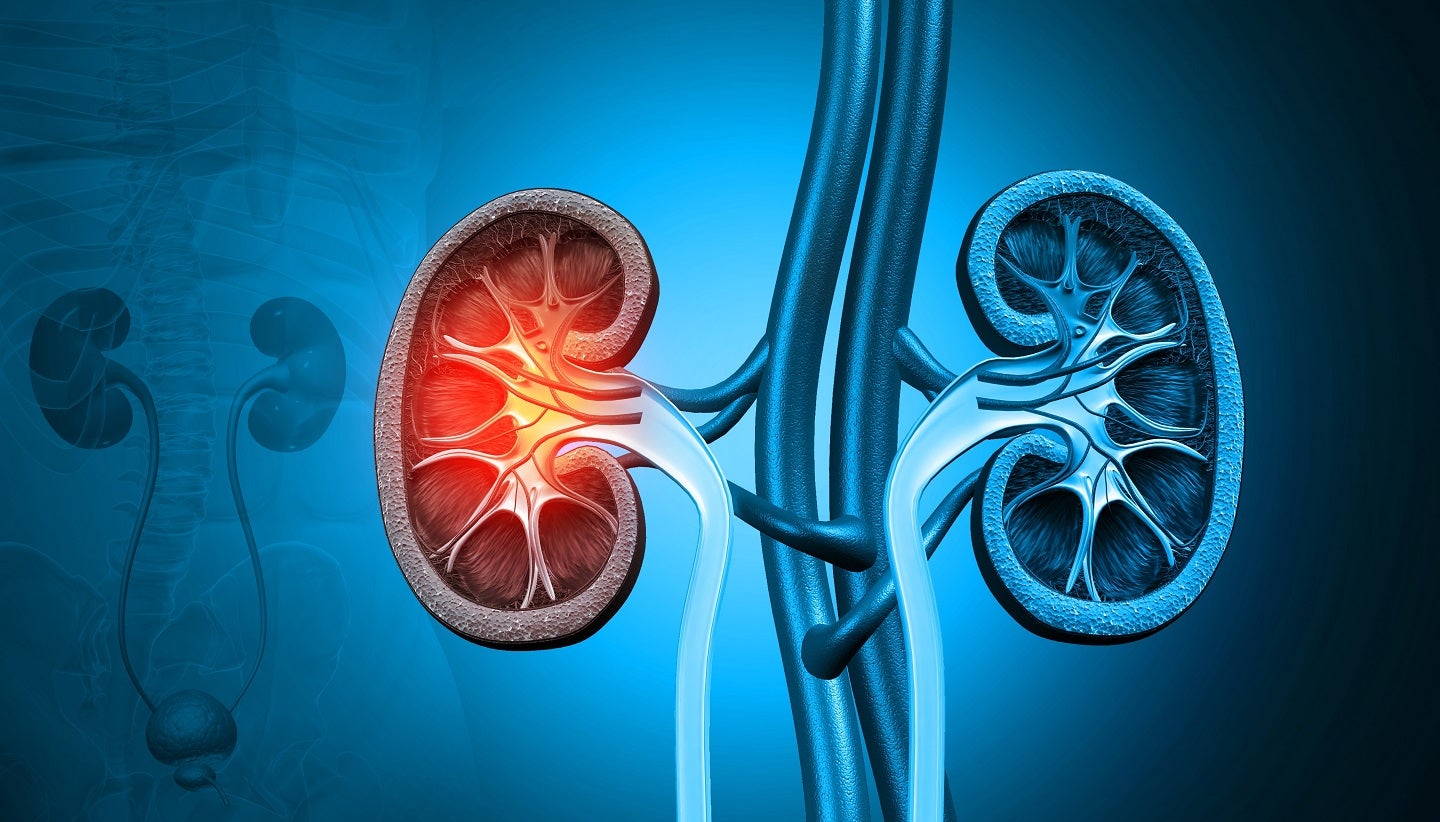STAT+: Hospitals struggle to make money on CAR-T cancer therapies, but their fortunes may change
Medicare pays so little for pricey CAR-T cancer drugs that hospitals sometimes lose money providing them. But that could soon change.

WASHINGTON — Hospitals for years have complained that Medicare pays so little for CAR-T cancer treatments that they sometimes lose money administering the incredibly expensive treatments. But that could soon change: if drug companies succeed in making the cancer treatments safer, hospitals could provide them more often in outpatient departments, where payment is higher.
CAR-T uses the body’s own immune system to kill cancerous cells. The procedure, regulated as a drug, involves taking T cells from a patient’s blood, adding chimeric antigen receptors (CAR) to the T cells that kill cancer, and injecting the CAR-T treatment back into the patient.
It’s worked wonders in many cancer patients who have run out of options. But right now it’s almost exclusively administered in hospitals, because the side effects can require aggressive treatments. In many cases, the CAR-T cells trigger immune reactions that can be life-threatening.
What's Your Reaction?

































